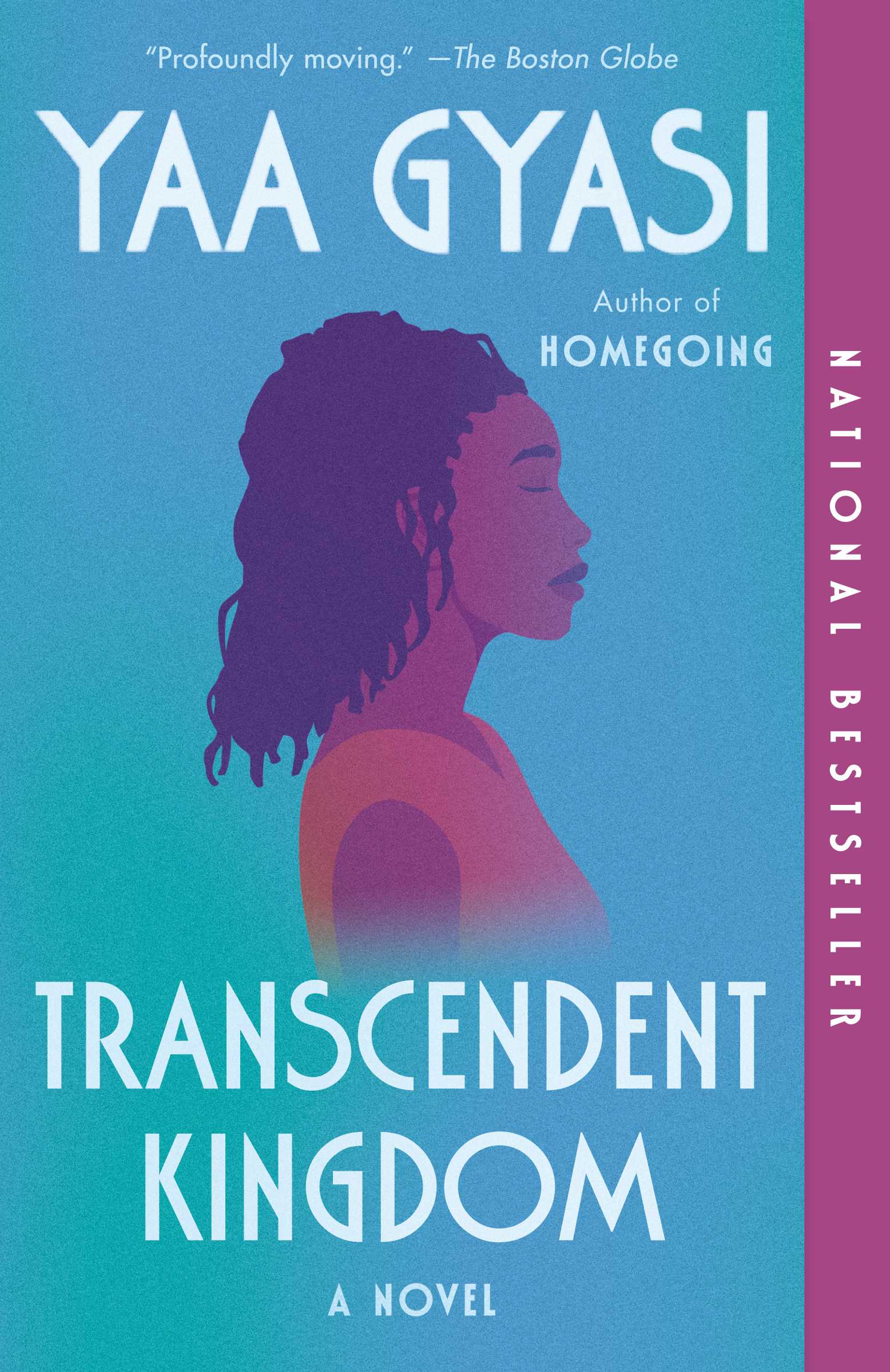
The fact of the matter is that for every painful thing that happens in Homegoing there is an equally painful or far worse thing that happened to a real person. And yet when I read these research texts, I couldn't hide. I always say that researching the novel was so much more difficult than writing the novel, because at least as I was writing, I had the knowledge that the characters that I was creating weren't real. On immersing herself in the pain and suffering of slavery to write HomegoingĪuthor Interviews Slavery Scars A Trans-Atlantic Family Tree In 'Homegoing'

And, yeah, it's harder to explain what that loss is, but it's one that I carry. And what you miss out on by not being surrounded by people who look like you is a quality that's harder to qualify, harder to talk about. But to know that just eight miles down the road, there was an all-Black school that was graduating its students at an abysmal rate, I think, really, really showed me the fact that not all schools in this country are equal, not by a long shot.

And to see all of these young people from Alabama doing this, I think, was really encouraging. My graduating class sent students to Harvard and Yale and Stanford and Brown. And when I was there, my high school was one of the best high schools in the country - and you could tell. I was very fortunate to have the education that I had. On feeling conflicted about her parents' decision to send her to a majority white school in Alabama

And I think in some ways it was their children who had to kind of lead the charge in helping them to understand how important race is here in America.

I think having come from a country where everyone was the same race as them, race just wasn't a factor that they really valued or that they thought about too frequently. I think they couldn't really think of themselves in any other way.


 0 kommentar(er)
0 kommentar(er)
